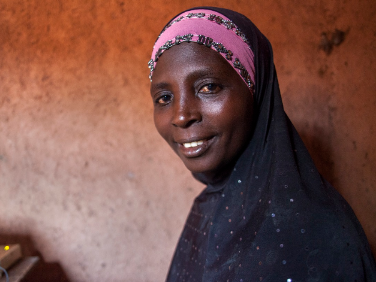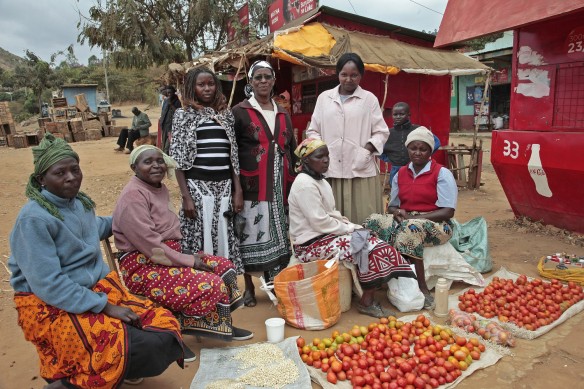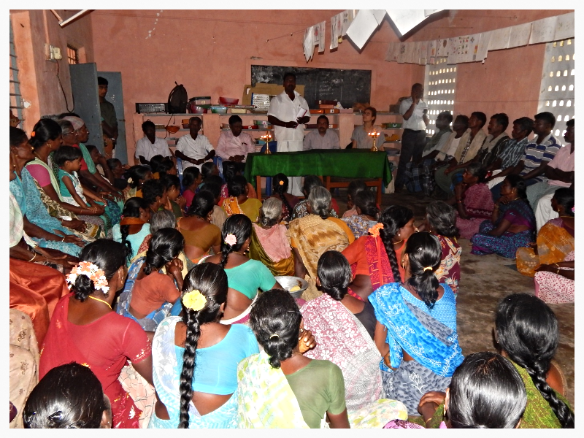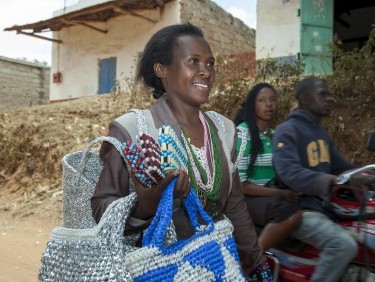
Climate resilience
In study after study the conclusion is clear: the developing world is on the front lines of climate change, and things are only going to get worse. In East Africa, deadly flash floods are set to increase; in India, stronger cyclones. In Afghanistan, one of the world’s most vulnerable countries to the impacts of climate change, droughts trade places with floods with alarming frequency.
It’s up to us to help our members fight and adapt.
Our training emphasises sound ecological principles – in business and at home. In many countries, we provide training modules in waste management, water efficiency and energy efficiency. We also teach environmental resilience as a risk mitigation strategy, with modules in agricultural diversification, irrigation and rainwater harvesting to reduce the impact of crop failure, drought and climatic shocks.
But our most important contribution is through the development of green jobs. In particular, we encourage our entrepreneurs to develop businesses around upcycling and renewable energy.

Solar power
Agatare, Rwanda, is hardly renowned as a centre of renewable energy. But in this dusty Eastern Province village some two hours from Kigali, Maida Mushimiyimana is running a booming business charging mobile phones and laptops with energy pulled from a solar panel affixed to her corrugated tin roof.

Renewable fuel
In Machakos, Kenya, Martha Kimuyu is at the forefront of a different kind of renewable energy – one pioneered in the slums of Nairobi – producing briquettes used to cook food out of spent charcoal, dirt, paper and water. Because the charcoal has already been burned, CO2 emissions from the briquettes are drastically reduced. Better still, fewer trees are cut down to produce new coal, helping curb deforestation – a major problem in Kenya.

Village program launch | Paramesvaramangalam village |Tamil Nadu, India
Recycled stock
In Tamil Nadu, India, Rajeswari and Bhuvanewswari discovered a local manufacturer of industrial abrasives – materials used to grind and sharpen workpieces before they reach market – was having problems stocking its rejected products. After meeting with their Hand in Hand trainer, the pair developed a waste management model converting the stock to sandpaper.

Up-cycled bags
Meanwhile in nearby Tala, Benedetta Kalondu is turning trash into treasure weaving baskets out of discarded foil paper. The venture has been so successful that Benedetta has taken on two employees. The benefits have been both environmental and intensely personal. Thanks to her improved income, she says, “My eldest son will finally complete school this year.”
What's New
How we work
Group savings and skills training aren’t rare. Nor, for that matter, is microfinance. But where other organizations focus on or two of these elements, Hand in Hand combines all three – then adds a fourth by connecting entrepreneurs to larger markets.

